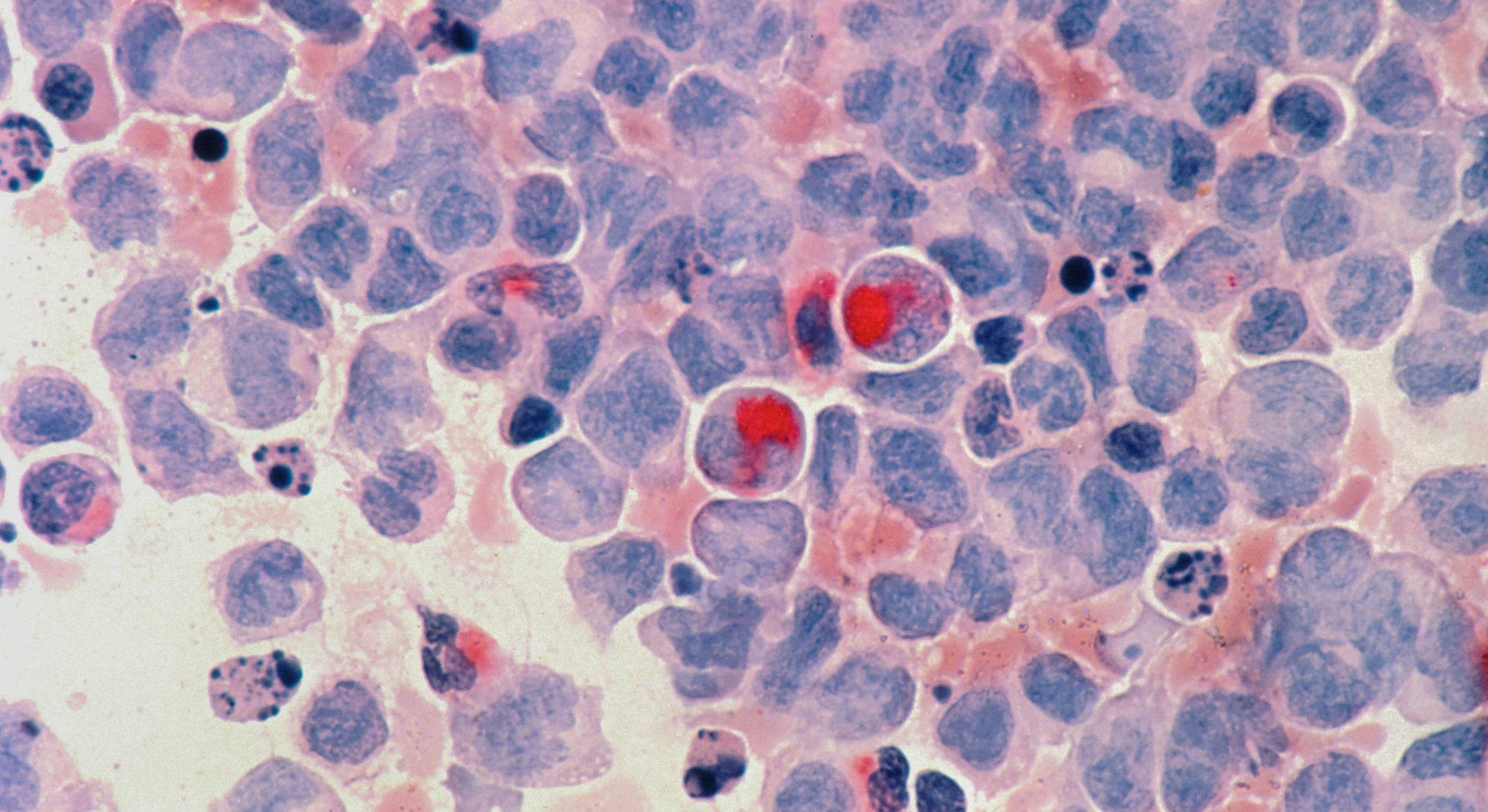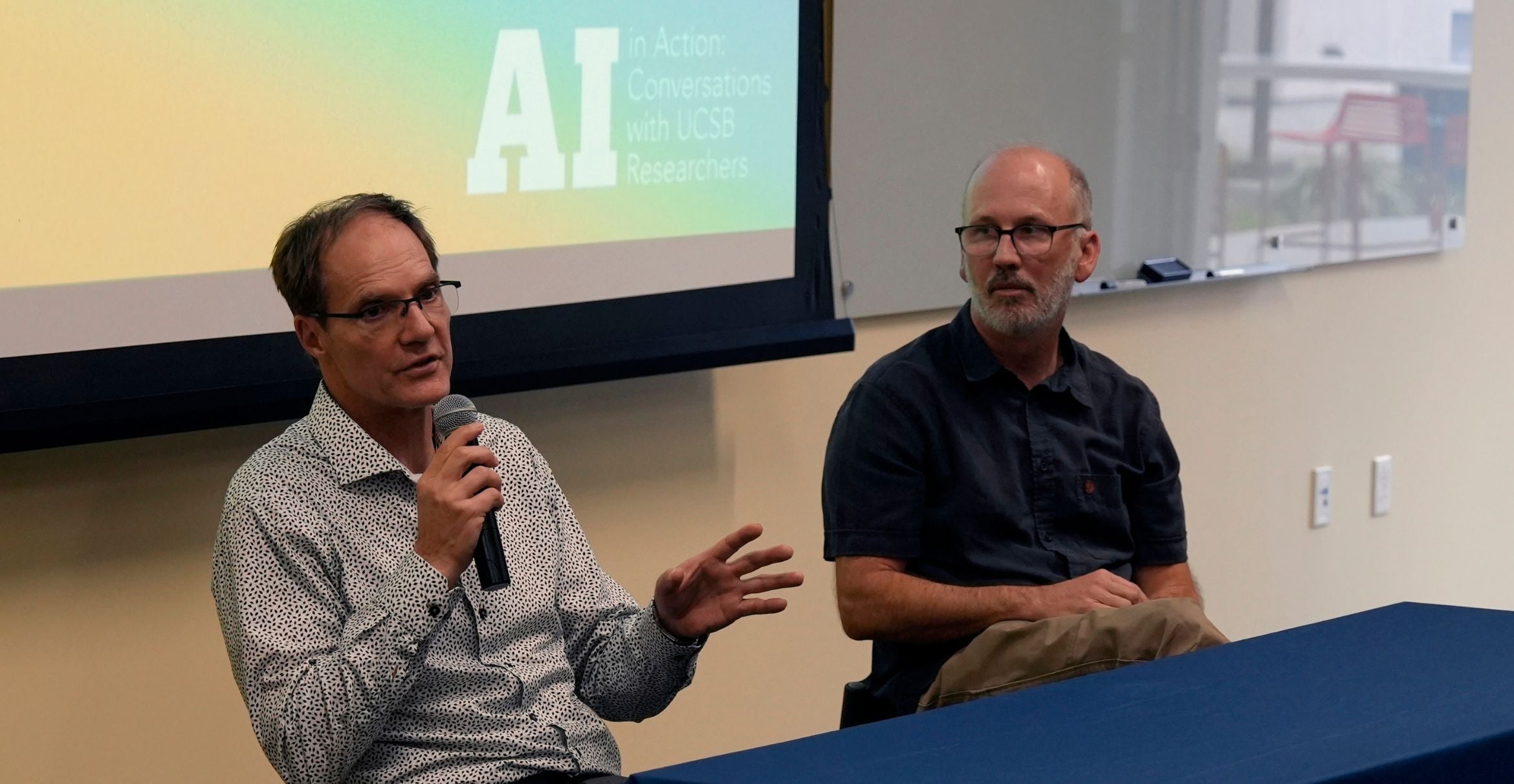HUMANS ARE "HARDWIRED" TO DETECT CHEATERS, SAY UC SANTA BARBARA RESEARCHERS IN NEW STUDY
Humans have a mechanism in their brains to detect when individuals "violate the terms of social contracts" - In other words, cheat, - say researchers at the University of California, Santa Barbara.
Their findings will be reported in this week's Proceedings of the National Academy of Science.
Evolutionary psychologists John Tooby and Leda Cosmides and their colleagues have produced neurological and anthropological evidence in support of their theory that detecting social cheaters requires specialized neural circuitry.
"Social exchange - also known in biology as reciprocal altruism - is an ancient, pervasive, and central part of human social life," according to Cosmides.
"This mutual provisioning of benefits, each conditional on the others' compliance, is rare in the animal kingdom.
Some species, including humans and baboons, engage is this very useful form of mutual help."
In a case study of a patient (R.M.) with damage to the limbic system - a brain region critical for processing emotional and social information - the researchers found that while R.M. did well on some reasoning tests, he did poorly on tests that required him to determine who might be breaking a social contract
(i.e. not holding up his or her end of the bargain).
"The patient's pattern of spared and impaired reasoning could not occur if cheater detection was caused by more general reasoning abilities, such as circuits that embody logical or other general purpose rational rules," said Cosmides.
In a related study, which tested their prediction that complex evolved adaptations must be universal in the human species, the researchers gave oral and pictorial versions of the same tasks given to R.M. to the Shiwiar, non-literate hunter-horticulturalists who live in a remote region of the Ecuadorian Amazon.
The results were compared to a previous study of Harvard undergraduates.
"As predicted, the ability of the Shiwiar to identify potential cheaters on this complex reasoning task was virtually identical to that of the Harvard students," Tooby said.
"That this brain mechanism reliably develops even in disparate cultural contexts suggests that it is a universal feature of human nature."
Because the ability to understand and navigate social exchanges makes trade and the reciprocation of favors possible, this evolved competence provides a cognitive foundation for human economic activity and several other forms of cooperation, conclude the researchers, who are co-directors of the Center for Evolutionary Psychology at UCSB.
For further information on the research, go to the Center for Evolutionary Psychology website at www.psych.ucsb.edu/research/cep
Related Links



